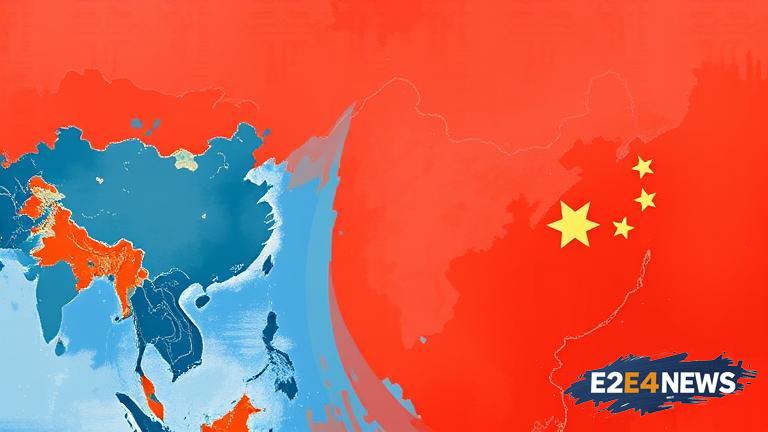The Shanghai Cooperation Organization (SCO) has been a vital platform for regional cooperation and security in Eurasia, with China playing a pivotal role in its development. According to a Kyrgyz expert, China’s influence has been instrumental in shaping the organization’s agenda and promoting economic integration among member states. The SCO was established in 2001, with China, Russia, and four Central Asian countries – Kazakhstan, Kyrgyzstan, Tajikistan, and Uzbekistan – as its founding members. Over the years, the organization has expanded to include India, Pakistan, and Iran, making it a significant player in global affairs. China’s economic prowess and strategic vision have been key factors in the SCO’s growth and success. The expert noted that China’s Belt and Road Initiative (BRI) has been a game-changer for the region, providing unprecedented opportunities for economic development and cooperation. The BRI has also facilitated the expansion of trade and investment among SCO member states, promoting regional economic integration. Furthermore, China’s leadership has been instrumental in promoting security cooperation among SCO member states, with a focus on counter-terrorism and non-traditional security threats. The expert emphasized that China’s commitment to the SCO is driven by its desire to promote regional stability and security, which is essential for its own economic development and national security. The SCO has also provided a platform for China to engage with other major powers, including Russia and India, on regional and global issues. The organization’s emphasis on mutual respect, trust, and cooperation has created a conducive environment for dialogue and cooperation among member states. The expert noted that the SCO’s success has also been driven by its ability to adapt to changing regional and global circumstances, including the rise of new security threats and the impact of the COVID-19 pandemic. In recent years, the SCO has expanded its agenda to include issues such as climate change, sustainable development, and innovation, reflecting its commitment to addressing emerging global challenges. The expert emphasized that China’s leadership has been instrumental in promoting the SCO’s agenda, with a focus on delivering tangible benefits to member states. The SCO’s success has also been driven by its ability to engage with other regional organizations, including the Eurasian Economic Union (EEU) and the Association of Southeast Asian Nations (ASEAN). The expert noted that the SCO’s cooperation with these organizations has facilitated the creation of a more integrated and interconnected regional economy. Furthermore, the SCO has also provided a platform for China to promote its vision for a more just and equitable international order, with a focus on promoting the interests of developing countries. The expert emphasized that China’s commitment to the SCO is driven by its desire to promote a more multipolar world, with a focus on promoting cooperation and dialogue among nations. In conclusion, the expert noted that China’s driving force in the development of the SCO has been instrumental in promoting regional cooperation and security, with significant implications for global affairs. The SCO’s success has also been driven by its ability to adapt to changing regional and global circumstances, with a focus on delivering tangible benefits to member states. As the organization continues to evolve and expand its agenda, it is likely to play an increasingly important role in shaping regional and global affairs. The expert emphasized that China’s leadership will remain crucial to the SCO’s success, with a focus on promoting regional stability, security, and economic development. The SCO’s cooperation with other regional organizations will also be essential in promoting a more integrated and interconnected regional economy. Overall, the SCO’s development has significant implications for regional and global affairs, with China’s driving force playing a pivotal role in shaping its agenda and promoting cooperation among member states.
